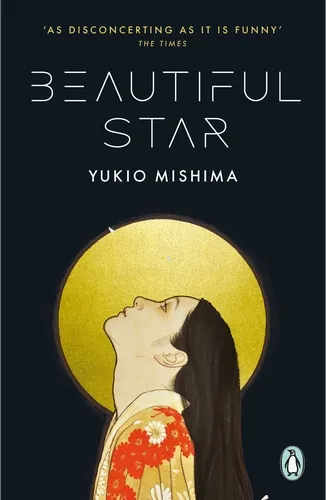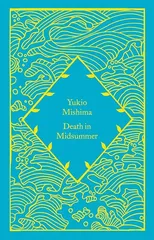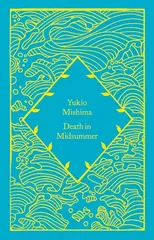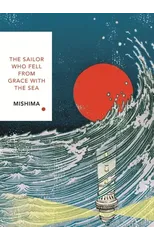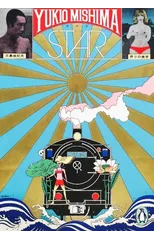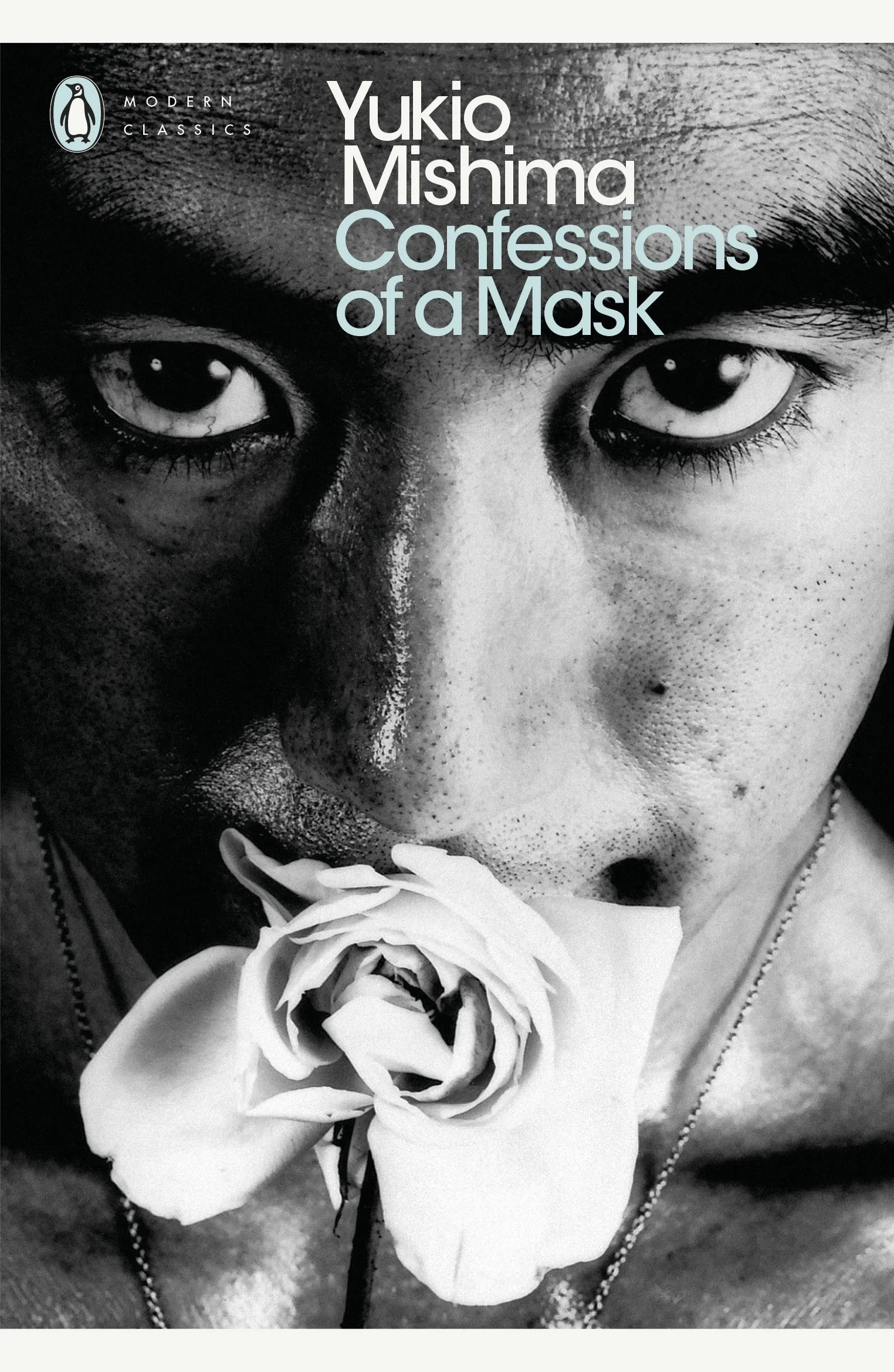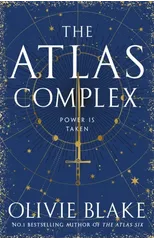The Osugi family have come to a realization. Each of them hails from a different planet. Father from Mars, mother from Jupiter, son from Mercury and daughter from Venus. Already seen as oddballs in their small Japanese town in the 1960s, this extra-terrestrial knowledge brings them closer together; they climb mountains to wait for UFOs, study at home together and regard their human neighbours with a kindly benevolence. But Father, Juichiro, is worried about the bomb. He writes letters to Khrushchev, trying to warn everyone he can of the terrible threat. After all, humans may be terribly flawed, but aren't they worth saving? He sends out a coded message in the newspaper to find other aliens. But there are other extra-terrestrials out there, ones who do not look so kindly on the flaws and foibles of humans. And a charming young man, who claims to be from Venus too, tempts daughter Akiko away from the family . . .
Yukio Mishima
Yukio Mishima was a Japanese author, playwright, and nationalist. Known for his intense and controversial works, Mishima explored themes of death, sexuality, and the clash between traditional and modern values. His most notable works include "Confessions of a Mask," "The Temple of the Golden Pavilion," and "The Sea of Fertility tetralogy." Mishima's writing style is characterized by its poetic prose and vivid imagery. He is considered one of Japan's most important and influential writers, and his works continue to be studied and celebrated worldwide. Mishima's most famous work is "The Temple of the Golden Pavilion," which tells the story of a young acolyte who becomes obsessed with destroying a beautiful temple. His legacy continues to inspire and provoke readers with its complex exploration of identity and morality.
